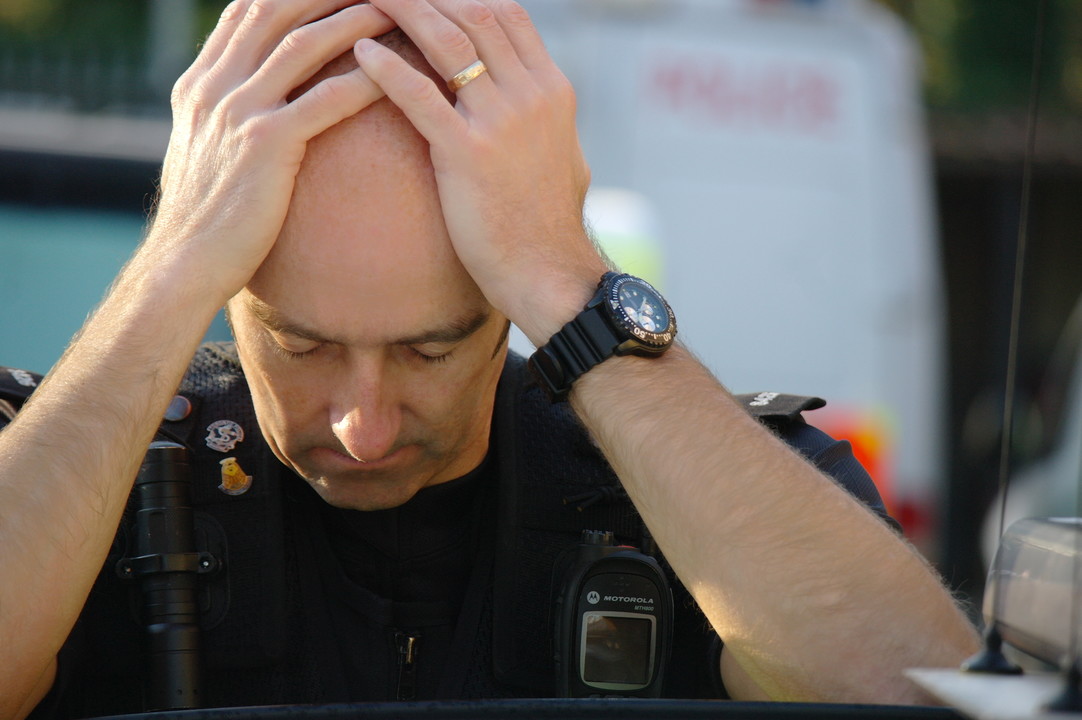Focusing on crew alertness is a more proactive approach…
Fresh Air’s Managing Director, Dr Paul Jackson, discusses the differences between managing fatigue and managing alertness…
Recently I was training the Fatigue Safety Action Group of a medium-sized European airline. As part of their management of fatigue under their Safety Management System the airline had introduced a fatigue reporting system, but were struggling to get crew to submit fatigue reports. The Safety Manager explained:
"We've introduced a fatigue report form and trained our crew in what, when and how to report, but we're just not getting the level of engagement we were expecting; our reporting culture is generally pretty good, but we've had barely any fatigue reports. Anecdotally, crew are experiencing fatigue - but they just don't seem to want to put it in writing."
The airline's fatigue training set out their policy and procedure fairly well, as well as explaining crew's responsibility for reporting fatigue and management's responsibility for treating seriously reports brought to their attention. But the few reports that had been submitted focused almost exclusively on rostering issues.
"So what are we doing wrong?" asked the Safety Manager.
Historically, some crew have been reluctant to admit to fatigue, seeing it as a weakness, Fatigue was the F word that pilots don't like to use. And why would they? Fatigue is a negative concept, which results in the reporter being labelled unfit to fly - not something that a pilot is readily going to hold his or her hand up to. In addition, in many organisations fatigue has been considered part of the job, something you just put up with - not something you bleat or whine about.
But I think the problem goes deeper than that. When crew submit fatigue reports these may eventually result in the development of new strategies, refined procedures or amended practices, that may all reduce the risk of event reoccurrence. But on the day that a crew member reports fatigue all we can do is remove them from the duty, causing a chain of events to be managed by crew control.
And the reason is that reporting fatigue is reactive - if we think about the continuum from being fully alert to being unfit to operate, by the time a crew member is reporting fatigued their performance and their safety (and that of their colleagues) is already likely to have been compromised for some time.
In my view we need to change our focus. Rather than encouraging crew to report fatigue we need to encourage them to report reduced alertness. This makes good sense when we think about fatigue countermeasures. In reality the only truly effective countermeasure to fatigue is sleep, whereas the majority of countermeasures typically recommended for crew are all ways of improving alertness. So a crew member whose alertness is reduced might increase communication with colleagues, change their physical position, stretch, stand up or even do some exercises. They may get some natural light or take a cup of coffee. All of these will provide a boost of alertness - but they will have minimal impact on fatigue.
Of course, we still want crew to report when they are fatigued, but we need to recognise that this is the endpoint on the continuum - consequently, we should be encouraging crew to report some way before this point. Reporting reduced alertness enables crew to be proactive rather than simply reactive, to work together as a team to manage the situation. For this reason, many of our clients are now starting to rebrand their fatigue report forms as Alertness Report Forms. Similarly, their fatigue management training programme is now referred to as an Alertness Management Training programme.
Back at the mid-sized European airline this simple change in terminology has already started to have an effect - crew are more willing to report reduced alertness, and are more engaged both with the reporting process and with the training programme - after all, improved alertness is something positive that we all aspire to.


